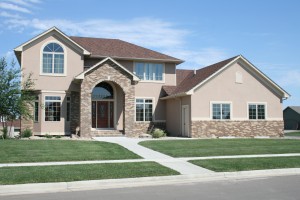
September 21, 2011
FHA Condo Projects: Non-Residential Space
FHA condo loans differ greatly in some respects from typical, single-dwelling properties that make up a large portion of the FHA insured mortgage loans. Condos are unique properties–the multiple individual owners residing in a shared building have different agreements, covenants and requirements for condo living than their suburban home-dwelling counterparts. But in some cases, rules for FHA condo loans resemble suburban home loans a great deal. For example, FHA loans allow a borrower to purchase a mixed-use property under a set of conditions which include the requirement that no more than 25% of the total floor space be used for non-residential or commercial purposes. When it comes to these mixed-use mortgages insured by the FHA,






